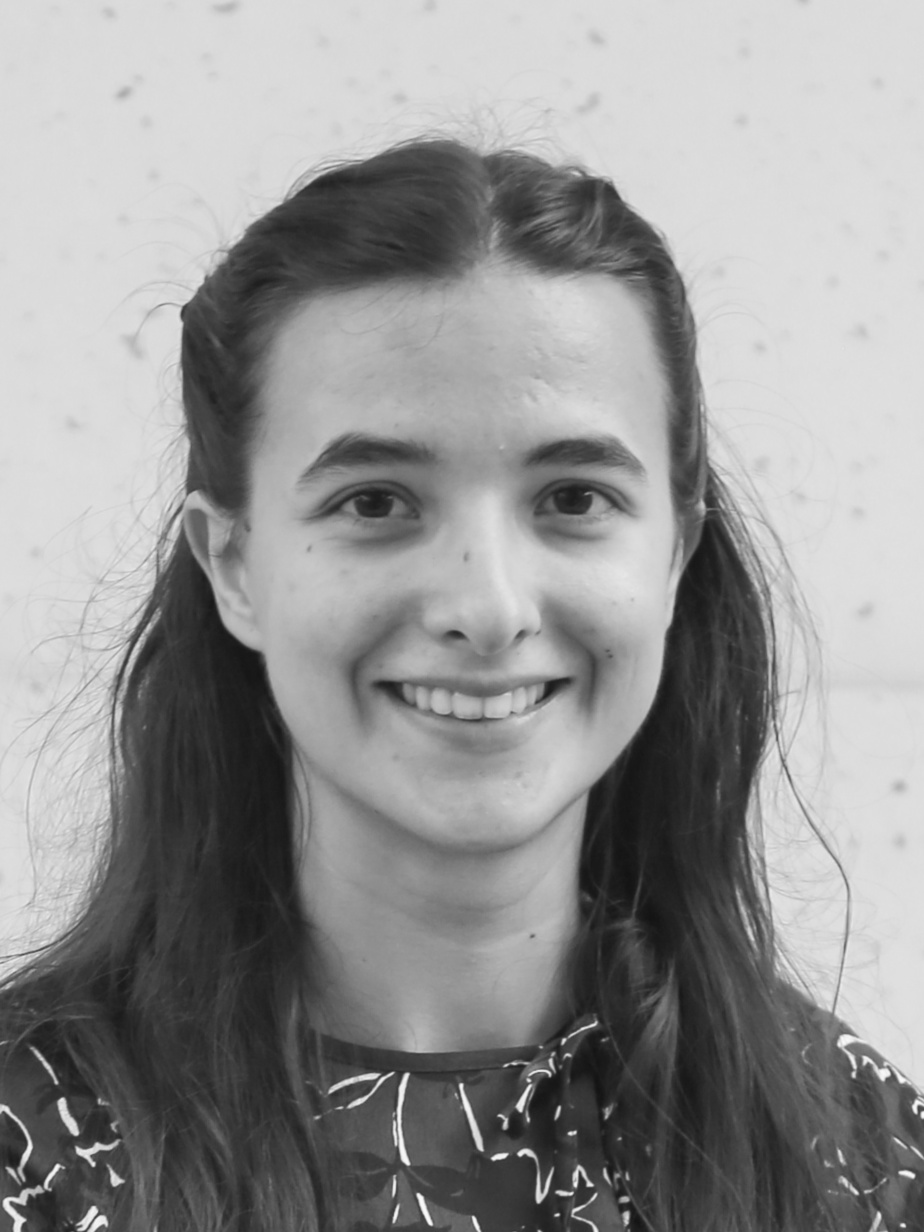
MAL-PREDICT: Malaria Therapeutic Failure Prediction using Machine Learning
This project aims to develop a machine learning model to predict malaria treatment failure at the patient level, enabling more personalized and effective care. We focus on artemether-lumefantrine (AL), the first-line therapy in Angola, where our clinical trial data (PACTR202405595426468) indicate suspected partial resistance. Using patient-level data, including demographic, clinical, and parasitological indicators, we are building a predictive model to support frontline decision-making. Our team is also exploring the added value of blood smear image features, annotated by expert microscopists, to improve prediction accuracy. This multidisciplinary project brings together researchers from Portugal and Angola, with international expertise in epidemiology, artificial intelligence, and malaria. It aims to enhance therapeutic strategies, inform public health policy, and strengthen cooperation with Portuguese-speaking countries.
Collaborative Institutions: CISA – Centro de Investigação em Saúde de Angola, Clínica Multiperfil, i3S – Instituto de Investigação e Inovação em Saúde, Universidade do Porto
Funding Agency
FCT – Artificial Intelligence, Data Science, and Cybersecurity of relevance to Public Administration
Funding Agency
FCT – Artificial Intelligence, Data Science, and Cybersecurity of relevance to Public Administration
Project Reference
FCT – 2024.07292.IACDC
Project Members


Nuno S. Osório

Ana Santos-Pereira

Claudia Fançony

Vitória da Cunha Baptista

Beatriz Velosa da Fonseca

Bruno José Ferreira Freitas

Maria Pereira

Matheus Tavares

Margarida Gonçalves
Main Project Outcomes
S. Queirós, “Right ventricular segmentation in multi-view cardiac MRI using a unified U-net model”, in E. Puyol Antón et al. (eds) Statistical Atlases and Computational Models of the Heart. Multi-Disease, Multi-View, and Multi-Center Right Ventricular Segmentation in Cardiac MRI Challenge. STACOM 2021. Lecture Notes in Computer Science, vol 13131, pp. 287-295, Springer, Cham, 2022.
“Best Paper Award in the M&Ms-2 Challenge”, by M&Ms2 Challenge organizers and the Medical Image Computing and Computer Assisted Intervention (MICCAI) Society.



Contact us
Phone: +351 253 604 967
Fax: +351 253 604 809
Email: icvs.sec@med.uminho.pt
Address
Life and Health Sciences
Research Institute (ICVS)
School of Medicine,
University of Minho,
Campus de Gualtar
4710-057 Braga
Portugal

Copyright ©2025 ICVS. All Rights Reserved. Developed by TCIT



Copyright ©2025 ICVS. All Rights Reserved. Developed by TCIT
Address
Life and Health Sciences
Research Institute (ICVS)
School of Medicine,
University of Minho,
Campus de Gualtar
4710-057 Braga
Portugal



Copyright ©2025 ICVS. All Rights Reserved
Address
Life and Health Sciences
Research Institute (ICVS)
School of Medicine,
University of Minho,
Campus de Gualtar
4710-057 Braga
Portugal





